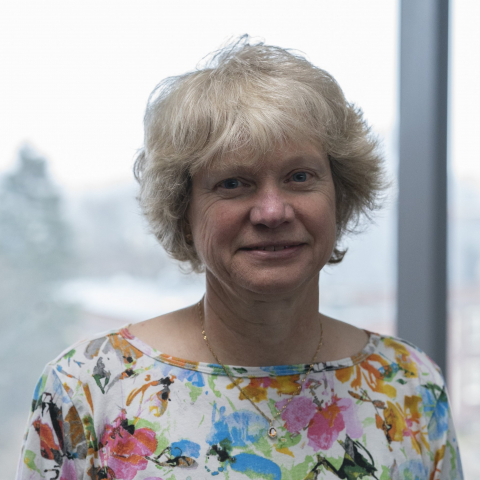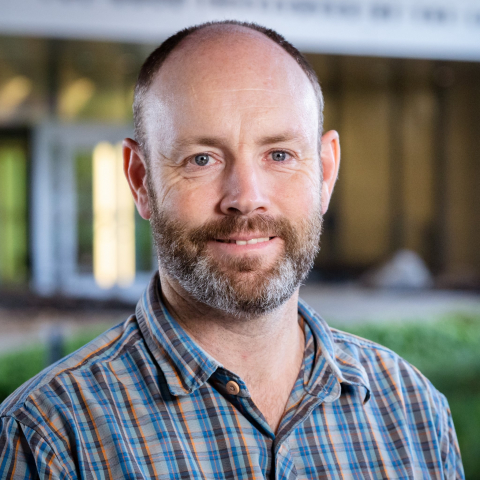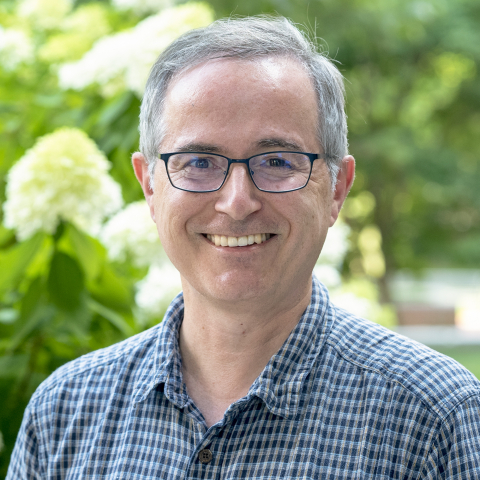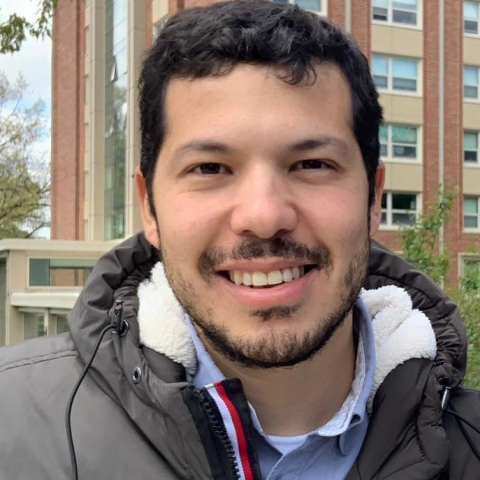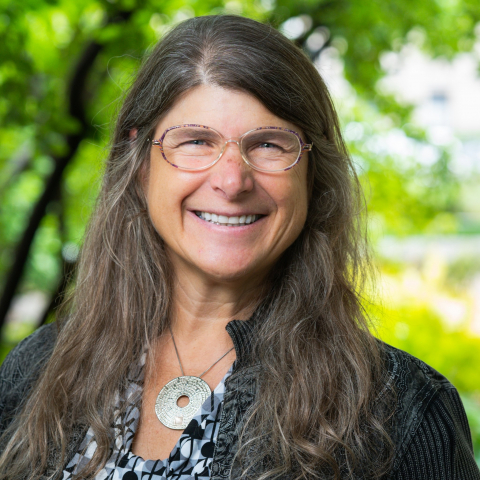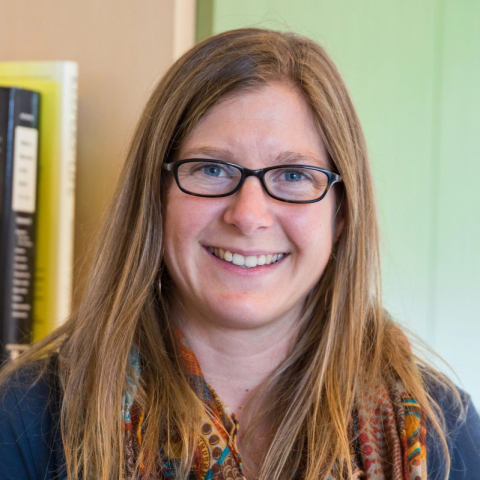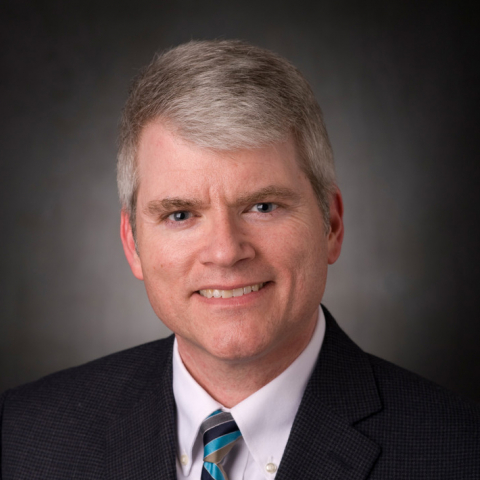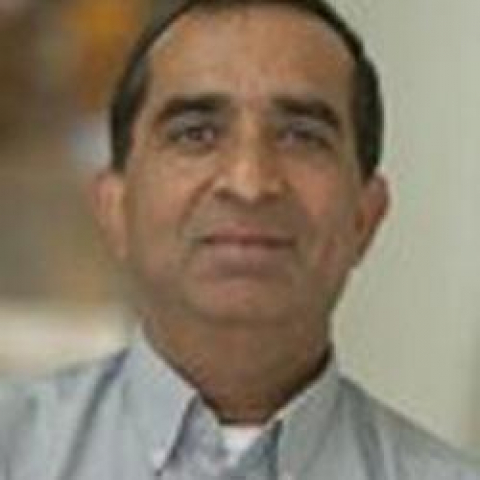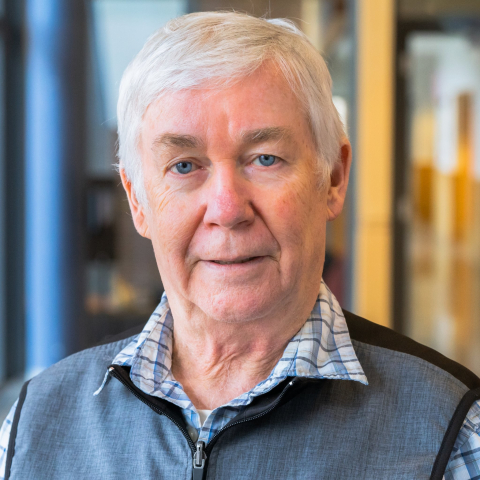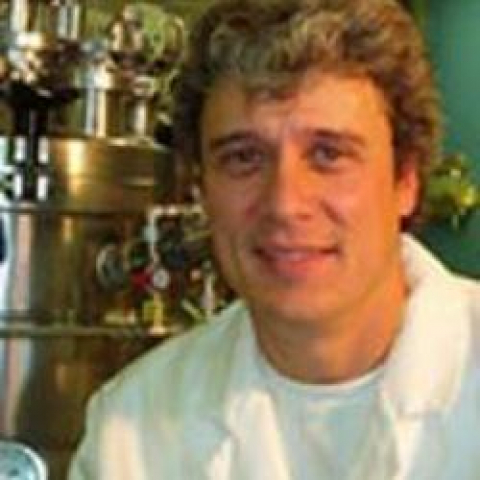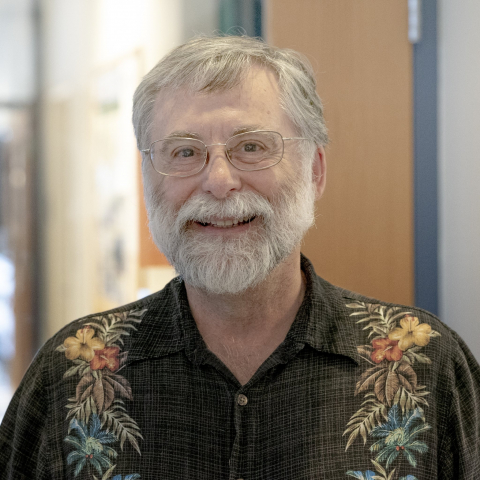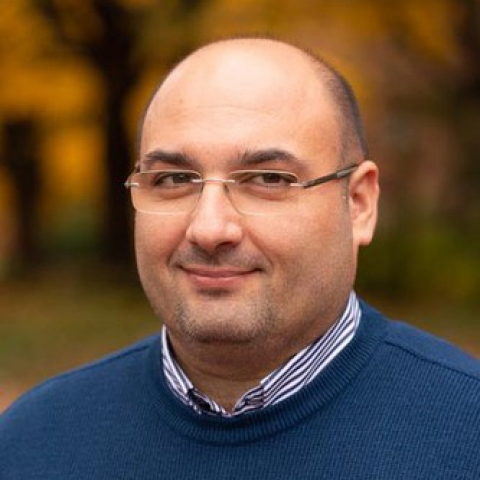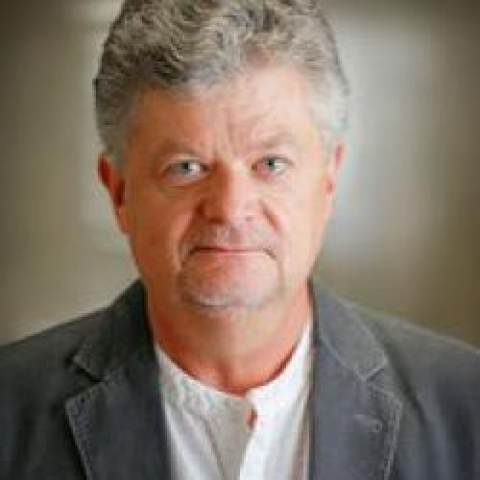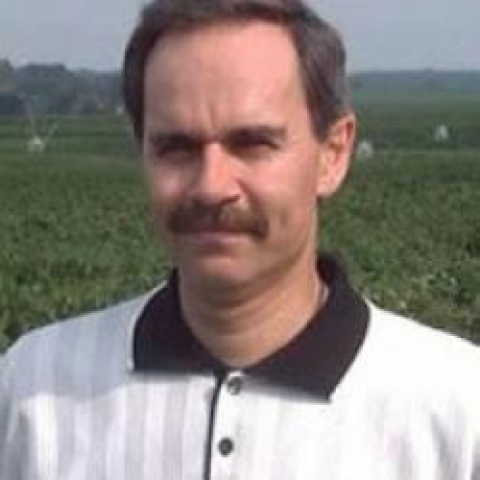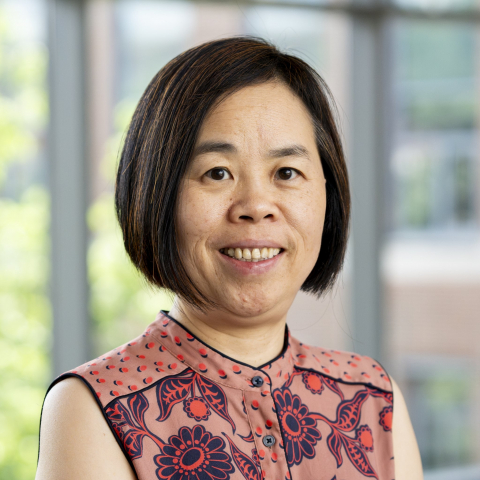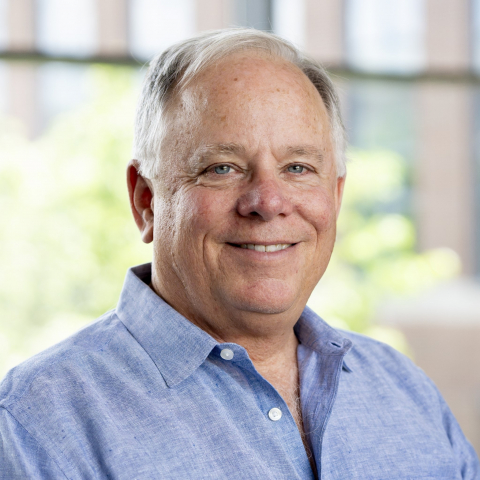Faculty
Jared Ali
Associate Chair, Intercollege Graduate Degree Program in Ecology; Director of the Center for Chemical Ecology; Associate Professor of Entomology
Behavior and chemical ecology of multi-trophic interactions, including plant responses to below-ground herbivory and nematode. Insect community ecology, chemical ecology, and coevolution. Trophic cascades, above- and below-ground interactions, chemotaxis of soil nematodes, and evolution of plant defense strategies.
Charles Anderson
Chair, Intercollege Graduate Degree Program in Plant Biology; Co-Director, Center for Biorenewables; Professor of Biology
In vivo imaging of plant cell wall dynamics. Molecular genetic analysis of genes involved in cell growth. Cell wall biosynthesis in dividing cells. Cell wall engineering for sustainable bioenergy production.
Sally Assmann
Waller Professor of Biology
Molecular biology of plant G-proteins and kinases. Phytohormone regulation of signal transduction and RNA processing. Second messenger regulation of ion channels in plant cells.
Michael Axtell
Professor of Biology; Louis and Hedwig Sternberg Chair in Plant Biology
Discovery and characterization of plant microRNAs and siRNAs. Functions of microRNAs and siRNAs in the evolution of plant development. Genomics and bioinformatics of microRNAs, siRNAs, and their targets
Philip Bevilacqua
Co-Director, Center for RNA Molecular Biology; Distinguished Professor of Chemistry and of Biochemistry and Molecular Biology
RNA folding in vivo and genome-wide; RNA regulation of gene expression; Ribozyme Mechanism; roles RNA may have played in the emergence of life on early earth
Caio Brunharo
Assistant Professor of Weed Science
Weed adaptation to agricultural practices and climate change; Weed biology, ecology, and evolution; Abiotic stress; Herbicide resistance.
Carolee Bull
Professor of Plant Pathology; Bacterial Systematics Head; Director of Microbiome Sciences Dual-Title Degree Program
Bacterial systematics, epidemiology, and population biology of bacterial plant pathogens and biological control agents to develop alternatives to synthetic chemicals for plant disease management
Liana Burghardt
Director of the Center for Root and Rhizosphere Biology; Huck Early Career Chair of Root Biology and Rhizosphere Interactions; Assistant Professor of Plant Science
Plant-microbe-climate interactions; the evolution and ecology of legumes and nitrogen-fixing rhizobia; the genomic basis and environment dependence of root, nodule, and mutualism traits; GWAS/transcriptomics/evolve & resequence methodologies
Jeffrey Catchmark
Professor of Agricultural and Biological Engineering
Cellulose synthesis and organization, cellulosic composites and coatings, microbial cellulose production, and chemically powered microfluidic and biological devices and sensors.
Surinder Chopra
Professor of Maize Genetics
Regulation of flavonoid biosynthesis during plant development and plant-pathogen interaction. Epigenetic regulation and allele specific patterns.
Erin Connolly
Professor and Head of Plant Science
Molecular mechanisms of micronutrient transport. Iron uptake and compartmentalization. Metal ion homeostasis
Daniel Cosgrove
Eberly Chair and Professor of Biology
Mechanism of plant growth. Function and evolution of expansins. Biochemistry and rheology of plant cell walls. Growth responses to light, hormones, and water stress and other stimuli.
Wayne Curtis
Professor of Chemical Engineering
Regulation and signal transduction in plant secondary metabolism. Phytoremediation of hydrocarbons. Commercial chemical production in plants and plant tissue culture.
Claude dePamphilis
Director of the Center for Parasitic and Carnivorous Plants; Huck Distinguished Chair in Plant Biology and Evolutionary Genomics; Professor of Biology
Genomics, bioinformatics, and molecular evolution. Origin and diversification of flowers and developmental pathways. Comparative genomics of plants, organelles, and plant gene families. Genomics, evolution, and functional biology of parasitic plants.
Francesco Di Gioia
Associate Professor of Vegetable Crop Science
Plant nutrition, plant physiological and biochemical response to environmental and abiotic stress conditions, sustainable vegetable production, agrobiodiversity, agronomic biofortification, food and nutrition security.
Francisco Dini-Andreote
Huck Early Career Chair in Microbial Community Ecology, Associate Professor of Plant Science
Microbiome, plant-microbe interactions, and community ecology. Harnessing the plant microbiome to enhance protection against biotic and abiotic stresses.
Gary Felton
Professor and Department Head of Entomology
Plant-herbivore interactions. Adaptive responses of herbivores to plant defenses. Herbivore cues recognized by plants with specific focus on biochemical and molecular analysis of salivary secretions.
Majid Foolad
Professor of Plant Genetics
Genetic characterization of resistance/tolerance to biotic/abiotic stresses, and genes/QTLs contributing to tomato fruit quality. Investigation of genes/QTLs for directed crop improvement and germplasm enhancement. Tomato cultivar development & release.
Ying Gu
Professor of Biochemistry and Molecular Biology
Mechanism of cellulose biosynthesis in higher plants. Genetic modification of plant cell wall to scale-up biofuel production.
Mark Guiltinan
Director, Plant Institute; J. Franklin Styer Professor of Horticultural Botany; Professor of Plant Molecular Biology
Plant functional genomics, metabolomics and biotechnology. Identification of key genes for disease resistance and important traits in the tree crop Theoboma cacao, the Chocolate tree.


